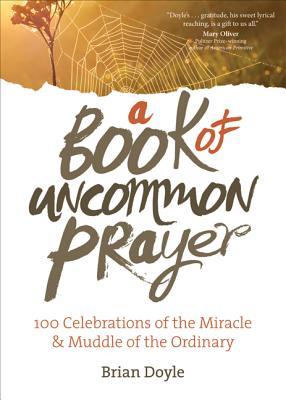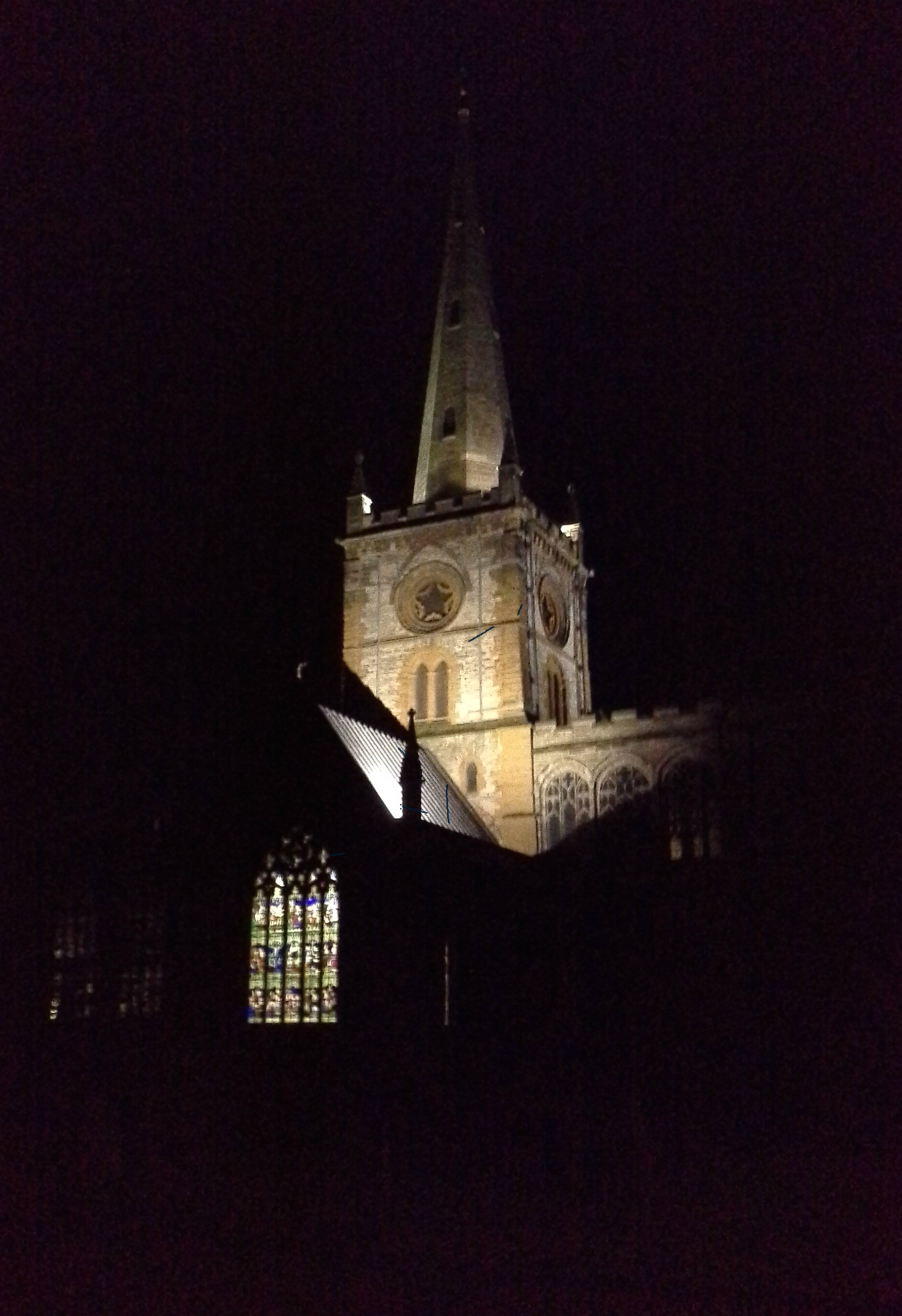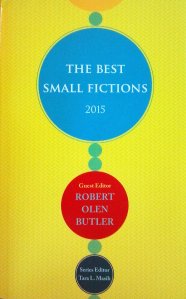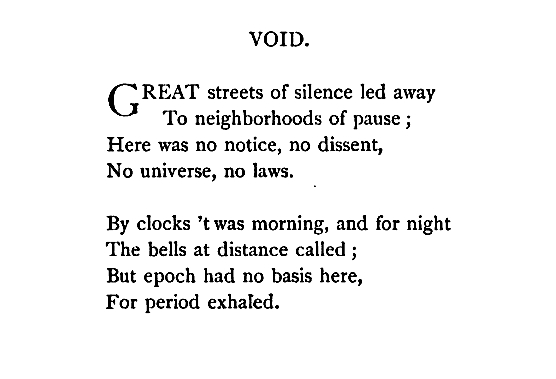A note about our old homepage
November 29, 2022
A few years ago, we stopped paying for our main site, effectively shutting down this online journal. Unfortunately, the homepage URL then was purchased by an adult entertainment company. However, you still can find, without explicit images, some of the literary work we published, right here on this page. This is a free WordPress platform we used for publishing literary work. The homepage had the links, but this WordPress platform had most of the actual content from the later issues. Look just under the title at the top of this page to see links to some of the works we published.
Every Day Awe: Stacy Murison on Brian Doyle
November 29, 2016
While LiturgicalCredo.com remains in limbo, I thought you might like this:
Assay: A Journal of Nonfiction Studies
 I have a confession. On my very best days, I consider myself agnostic. Most days I throw my hat in with the atheists. But when my mentor and friend recommended I read Doyle’s A Book of Uncommon Prayer, I was beside myself, already in a quandary. Do I tell her? The title alone would have turned me away. Worse, it then became required reading for her class. How could I look her in the eye ever again if I didn’t read the book? I dreamed for weeks of a different set of circumstances where the book had been given to me as a gift, from someone who didn’t know me well. I would politely thank the giver and recycle it at my local used book store, spine un-cracked, ready to be filed under “Religion.”
I have a confession. On my very best days, I consider myself agnostic. Most days I throw my hat in with the atheists. But when my mentor and friend recommended I read Doyle’s A Book of Uncommon Prayer, I was beside myself, already in a quandary. Do I tell her? The title alone would have turned me away. Worse, it then became required reading for her class. How could I look her in the eye ever again if I didn’t read the book? I dreamed for weeks of a different set of circumstances where the book had been given to me as a gift, from someone who didn’t know me well. I would politely thank the giver and recycle it at my local used book store, spine un-cracked, ready to be filed under “Religion.”
The problem is, the spine is now cracked, the pages dog-eared, and there is simply too…
View original post 732 more words
Auden Explains Poetry, Propaganda, And Reporting
May 20, 2016
“Poetry is speech at its most personal, the most intimate of dialogues. A poem does not come to life until a reader makes his response to the words written by the poet.
“Propaganda is a monologue which seeks not a response but an echo. To recognize this is not to condemn all propaganda as such. Propaganda is a necessity of all human social life. But to fail to recognize the difference between poetry and propaganda does untold mischief to both: poetry loses its value and propaganda its effectiveness.
“Whatever real social evil exists, poetry, or any of the arts for that matter, is useless as a weapon. Aside from direct political action, the only weapon is factual reportage—photographs, statistics, eyewitness reports.”
—W.H. Auden, in “A Short Defense of Poetry,” an address given at the International PEN Conference in Budapest, October 1967
Watch: Battle of the Hamlets with Benedict Cumberbatch, David Tennant, Prince Charles ETC
April 25, 2016
Hey folks — This is brilliant:
Yesterday was the 400th anniversary of William Shakespeare’s death. To mark the occasion, the BBC broadcast a live event from the Royal Shakespeare Company celebrating the Bard’s work. A highlight of the show saw several esteemed actors battle it out over the best way to deliver the famous “to be or not to be” speech from Hamlet. And guess who was amongst them…
Yes, following on from his box-office breaking run as the Prince of Denmark last year, Benedict Cumberbatch took to the stage alongside a whole host of thespians like David Tennant, Ian McKellen, Rory Kinnear, Judi Dench… Tim Minchin and, even stranger, Prince Charles himself! See the sketch below:
Shakespeare Live can be viewed online (for UK residents) over at BBC Iplayer.
Shakespeare and Sherlock fans might also be interested to know that TV movie The Hollow Crown:Richard III, which will feature Cumberbatch as the hunchbacked…
View original post 5 more words
Update on the Winter Edition
December 23, 2015
The Winter Edition has been delayed. Our web hosting service was split from its parent company and sold, so we have to make some changes to our infrastructure. Please check back soon — and if you haven’t already, take a look at the Autumn Edition.
After all, the weather feels more like autumn than winter.
Church of the Holy Trinity, Stratford-upon-Avon, at Night
December 16, 2015
During our stay in London last month, we made a day trip to Stratford-upon-Avon for two plays. Shakespeare is buried in Church of the Holy Trinity. Of course, in November, in England, the sun sets around 4:20 p.m. After the first play and an early dinner, the church was closed, and the sun had long set. But I walked with one of my daughters from the theater to the church, where I remembered, in a very dark churchyard full of tombstones, that Shakespeare’s grave is inside the church. I had been there, and made it inside, about two decades before. This time, locked out and sentimental, I was sure to put a hand on the church’s stone exterior. It was a good walk with my daughter from the theatre to the church and back—a good memory for us.
Call for Submissions: Winter 2016 Edition
November 23, 2015
LiturgicalCredo is accepting submissions for the Winter 2016 Edition through Dec. 2, 2015. The edition will be released on Dec. 15, 2015.
See the How To Submit page and About page for more details.
While I Was In The Courtyard With The Witches of ‘Macbeth’
October 15, 2015
From Act I, Scene III:
First Witch: All hail, Macbeth! hail to thee, thane of Glamis!
Second Witch: All hail, Macbeth, hail to thee, thane of Cawdor!
Third Witch: All hail, Macbeth, thou shalt be king hereafter!
Yesterday, students were practicing that scene in the outdoor courtyard of the humanities building. I was grading papers and taking in the October air.
The scene’s prophecies tantalize Macbeth with the promise of future power. Of course, most of us know how the rest of the play unfolds. Macbeth accepts the prophecies as true, and then he can hardly avoid the temptation to make them quickly become reality. Macbeth ultimately dooms himself with his belief in the prophecies and with his actions to bring about the witches’ forecasts.
While I graded a paper, the undergrads acted out the scene and read the lines.
And I recalled my own reaction to a prophecy I…
View original post 387 more words
How Tolkien and Lewis Revived Modern Myth-Telling | Book and Movie Reviews |Axisoflogic.com
October 13, 2015
You really must read this:
In this nearly magical room, amid fire-crackle and clink of glass, you can hear them talking. Pipe smoke is in the air, and a certain boisterous chauvinism, and the wet-dog smell of recently rained-on tweed. You can hear the donnish mumbles of J. R. R. Tolkien as the slow coils of The Silmarillion glint and shift in his back-brain. Now he’s reading aloud from an interminable marmalade-stained manuscript, and his fellow academic Hugo Dyson, prone on the couch, is heckling him: “Oh God, not another fucking elf!” You can hear the challenging train-conductor baritone of C. S. Lewis, familiar to millions from his wartime radio broadcasts; hear the unstoppable spiel of the writer/hierophant Charles Williams, with his twitchy limbs and angel-monkey face; hear the silver stream of ideas and argumentation that is the philosopher Owen Barfield. They are intellectually bent upon one another, these men, but flesh-and-blood is the thing: conviviality is, for them, a kind of passion. The chairs are deep; the fire glows gold and extra fiery in the grate. Lewis’s brother, Warnie, rosy with booze and fellow feeling, serves the drinks. And the walls drop away, and the scene extends itself backwards and forward in time …
Philip and Carol Zaleski’s The Fellowship: The Literary Lives of the Inklings is a mental map, a religious journey, and the biography of a brotherhood. Plenty of distinguished Inklings came and went over the years, padding across the carpets with a Warnie-provided drink in hand, but the Zaleskis zoom in on (and out from) the primary axis of Tolkien, Lewis, Williams, and Barfield, the four among whom the invisible correspondences of thought and affection were strongest. Christians all, these men formed what the Zaleskis call “a perfect compass rose of faith”: Barfield the proto–New Ager, Tolkien the rather prim orthodox Catholic, Lewis the noisy and dogmatically ordinary layman and popular theologian, Williams the ritualistic Anglican with a taste for sorcery.
Continue reading: How Tolkien and Lewis Revived Modern Myth-Telling | Book and Movie Reviews |Axisoflogic.com



